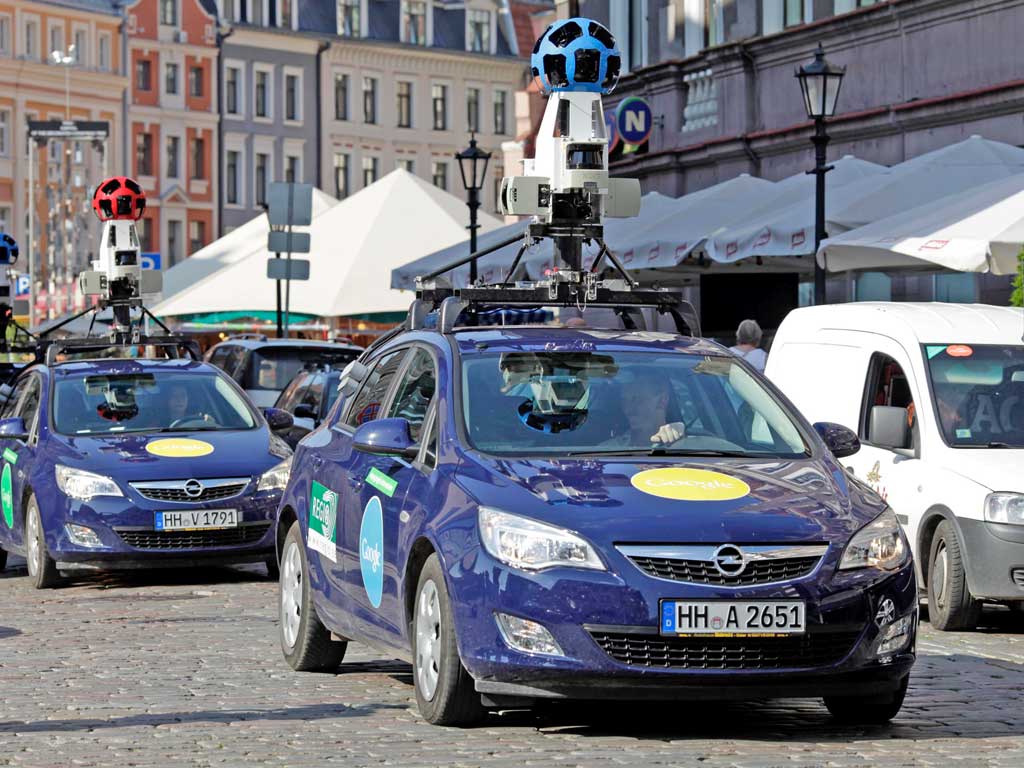Google 'knew camera car software could capture online data'

Google knew that software installed in its camera cars could capture and store the online data of millions of people, including emails, text messages and images, when it sent them out to photograph Britain’s streets, according to US authorities investigating the company.
Correspondence handed over to the Federal Communications Commission (FCC) suggest that the team managing the project was told of their software’s capability and were even advised to seek legal advice.
The company has always maintained that it had no idea of the capabilities of the Street View cars nor any intention to sweep up the huge amounts of data from unsecured WiFi networks it did for more than two years.
As recently as last week, the its executive chairman Eric Schmidt told a Google-organised conference in Hertfordshire that the scandal was unintentional and that Google blew the whistle on itself when it realised.
But these revelations throw that position into doubt and will lend weight to the calls for British authorities to look more closely at the matter.
The Information Commissioner’s Office, which previously ruled that it was a mistake, said this weekend that it intended to review the evidence.
The emails show a developer, who was not named in the FCC report, working on software called gstumbler.
The British engineer, who is pleading the fifth amendment in order to avoid incriminating himself, wrote to Google colleagues in 2007: “We are logging user traffic along with sufficient data to precisely triangulate their position at a given time, along with information about what they were doing.”
He also wrote that the data could be “analysed offline for use in other initiatives”.
Google insists that it never used the data. The company posted an admission in May 2010 on its own blog and referred the evidence to data protection authorities across the world.
It is still under investigation in some countries and was ordered to delete the data collected in Ireland. It was cleared of breaching US law but the FCC said Google had impeded its investigation and fined $25,000 (£15,300).
Robert Halfon, the Tory MP who has campaigned to highlight the data breach, called the evidence “quite astonishing”. “Google has so far been let off lightly in this country because this unacceptable breach has never been properly investigated,” he told the Sunday Times.
A Google spokesman said: “We have always been clear that the leaders of this project did not want or intend to use this payload data. Indeed Google never used it in any of our products or services.
“Both the Department of Justice and the FCC have looked into this closely–including reviewing the internal correspondence–and both found no violation of law.”
Join our commenting forum
Join thought-provoking conversations, follow other Independent readers and see their replies
0Comments